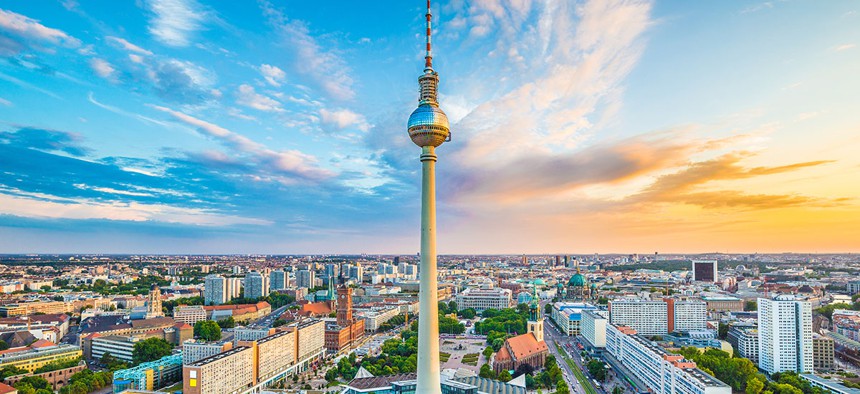Best and Worst Cities to Live in for Tech Workers, Based on Rent and Commute

canadastock/Shutterstock.com
Most cities with a cluster of tech companies can offer just one of those things.
Most cities with a cluster of tech companies can offer those workers either a short commute or low rents—but not both, according to a study by property consultancy Savills. Berlin is the exception to that rule. Savills found the German capital offers tech workers some of the lowest rents and among the shortest commutes of 22 cities it surveyed.
Commuting is a hugely important factor for worker satisfaction. One study, by the U.K.’s Office of National Statistics, found each additional minute of commuting increased workers’ anxiety and reduced their satisfaction with life.
Savills looked at the neighborhoods where employees of tech “scale ups,” or startups that have raised capital, generally live in each city and measured the rental costs there. In Berlin, for instance, that meant Kreuzberg. Commuting times were measured by various transport modes, which usually meant public train systems, but occasionally included cycling, walking, or driving. European cities generally had the shortest commutes, followed by cities in the U.S., and then Asian cities.
The pattern of a trade-off between rent and length of commute is evident when you look at the cities with the cheapest rent and shortest commutes. Workers in Austin only have an average 16-minute commute to work, but pay among the highest rents at $476 a week. Workers in Seoul, meanwhile, pay the lowest rent, $153 a week, but have to endure a 40-minute commute, the fourth longest on the list.
The longest commute times were in Bengaluru, India, and Hong Kong, while the highest rents were all in American cities: San Francisco, New York and Boston.
NEXT STORY: Army mobile transition slowed by culture





